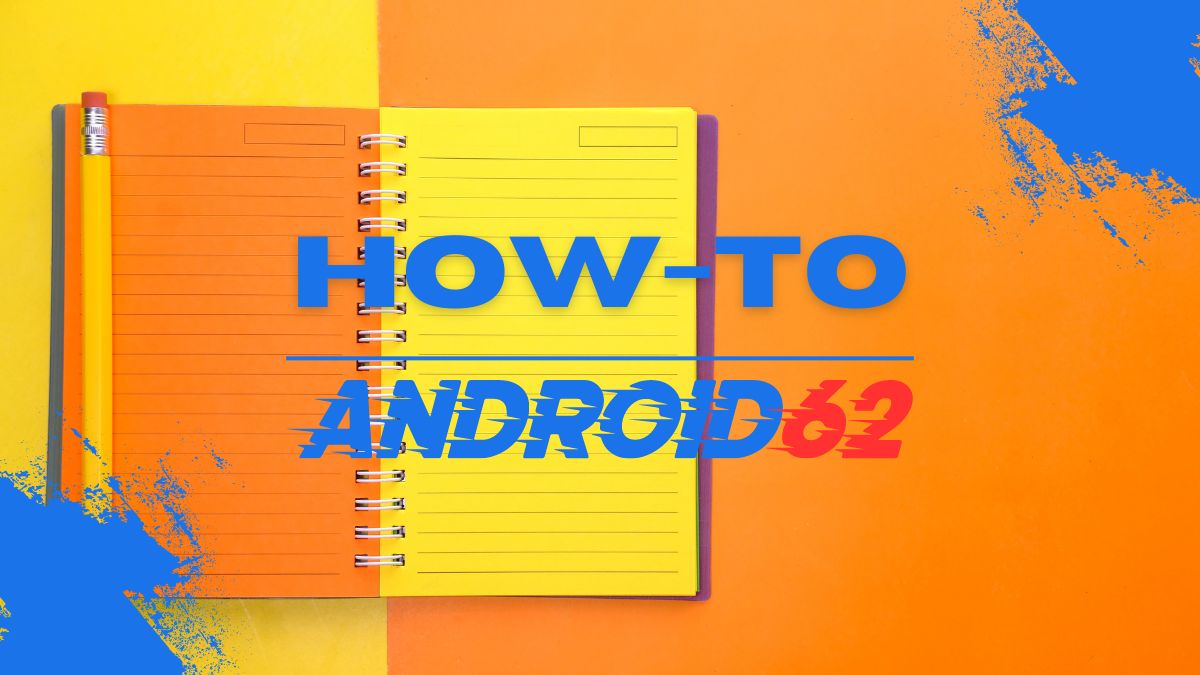
When communicating with professors via email, it’s essential to maintain professionalism and courtesy throughout the entire exchange. One crucial aspect of email etiquette is how you end your message. The way you conclude your email can leave a lasting impression on your professor, so it’s important to get it right. In this article, we’ll discuss the best practices for ending an email to a professor effectively.
1. Choose a Formal Closing
When ending an email to a professor, it’s important to choose a formal closing that reflects respect and professionalism. Consider using the following formal closings:
- Sincerely,
- Best regards,
- Thank you,
- Respectfully,
These closings convey politeness and professionalism, which are essential when communicating with your professor.
2. Include Your Full Name and Contact Information
At the end of your email, be sure to include your full name and contact information. This makes it easier for your professor to identify who you are and how to reach you if they need to follow up or respond to your email. Make sure your full name is clearly stated, and include any relevant contact information such as your student ID number or phone number.
3. Express Gratitude
It’s always a good idea to express gratitude in your closing when emailing a professor. Whether you’re thanking them for their time, assistance, or consideration, showing appreciation demonstrates respect and courtesy. Consider including phrases such as:
- Thank you for your attention to this matter.
- I appreciate your help with this.
- Thank you for your guidance.
Showing gratitude can leave a positive impression on your professor and encourage better communication in the future.
4. Check Your Tone and Language
Before sending your email, it’s crucial to review your tone and language to ensure it is respectful and appropriate. Avoid using slang, emojis, or informal language when communicating with your professor. Your email should be professional, clear, and concise. Make sure to proofread your message for any grammatical or spelling errors that could detract from your professionalism.
5. Be Concise and Direct
When ending an email to a professor, it’s important to be concise and direct in your closing. Avoid unnecessary fluff or wordy explanations. Get straight to the point and clearly state your purpose for emailing. A concise closing will show respect for your professor’s time and make it easier for them to understand the purpose of your message.
6. Proofread Your Email
Before sending your email, take the time to proofread it carefully. Check for spelling and grammar errors, as well as any typos that may have slipped through. A well-written and error-free email reflects positively on your communication skills and attention to detail. Make sure your message is clear, polite, and professional before hitting send.
7. Follow Up Appropriately
If you’re expecting a response or action from your professor, be sure to follow up appropriately. Give them a reasonable amount of time to respond before sending a polite follow-up email. Avoid sending multiple follow-up emails in quick succession, as this can come across as pushy or impatient. Always maintain a respectful tone in your follow-up communications.
8. Use a Professional Signature
When signing off your email, use a professional signature that includes your full name and any relevant titles or affiliations. This helps your professor identify who you are and provides them with the necessary contact information to respond to your email. Consider including your class name or number if relevant, as well as any official titles or roles you hold within the institution.
Conclusion
Ending an email to a professor requires careful consideration and attention to detail. By choosing a formal closing, including your full name and contact information, expressing gratitude, checking your tone and language, being concise and direct, proofreading your email, following up appropriately, and using a professional signature, you can ensure that your email reflects professionalism and respect towards your professor. Remember that effective communication with your professors is key to academic success, so always strive to maintain a high standard of professionalism in your email exchanges.



